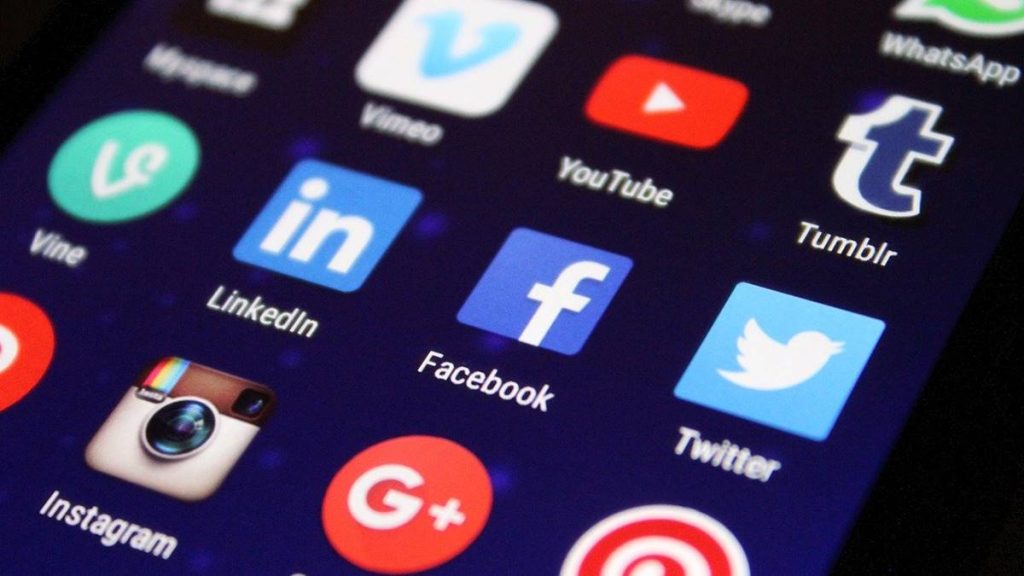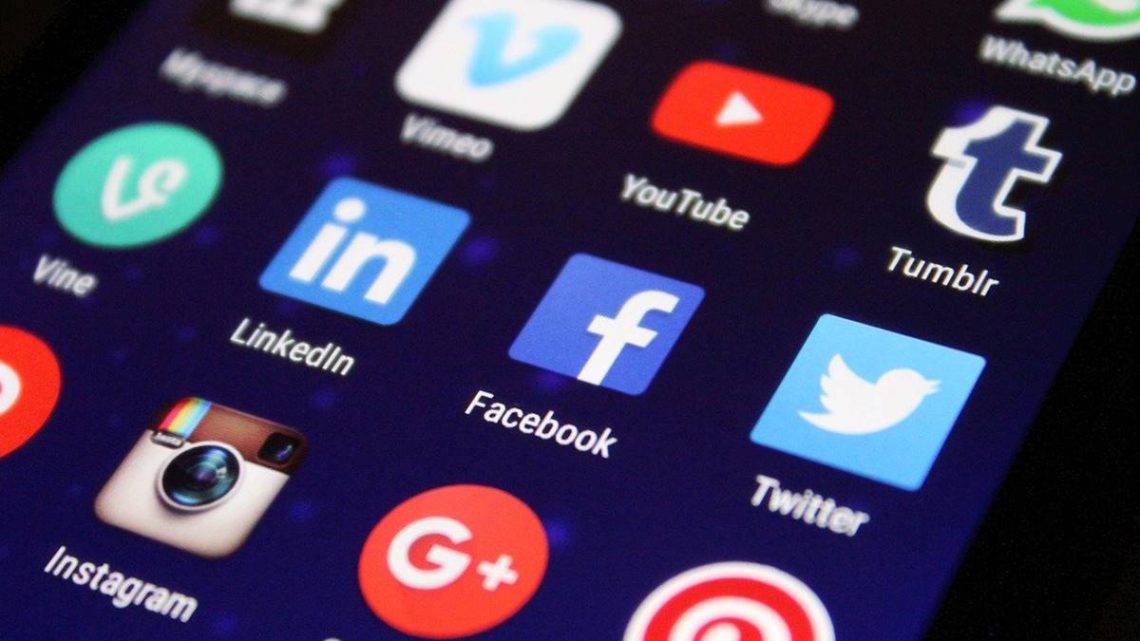The Government of Pakistan has announced on Thursday that posting any ‘immoral content’ on social media will now be punishable by law under the Social Media Rules 2021 issued by the Ministry of Information Technology and Telecommunication. However, the digital rights activists have strongly condemned this decision taken by the government.

In a statement, Information Technology and Telecommunications Minister Amin-ul-Haq said that under the new rules, the social media companies will have to abide by Pakistani laws and the rights of social media users. “Under the amended rules, Pakistani users will have the full right to freedom of expression under Article 19 [of the Constitution],” he said, while adding that rules would play an important role in facilitating contact between Pakistani netizens and social media companies. However, the promotion and posting of any ‘immoral content will be considered a felony and it will be punishable by law.
The Social Media Rules 2021 will ban live streaming of extremist, terrorist, hateful, obscene, and violent content while “social media platforms will be required to remove content that violates Pakistan’s honor and well-being.” Haque said, adding that “immoral and obscene content” will be a punishable offence under the new rules.
Similarly, there will be a ban on content which goes against Pakistan’s cultural and moral values as well as content that harms children’s moral and physical development. “No negative content concerning any individual will be uploaded,” said IT and Telecom Minister, adding that uploading material about someone’s private life will be considered a personal offense.
Moreover, the social media companies and service providers will be required to devise community guidelines in order to inform users about uploading content. The minister said the rules would apply to all social media outlets including Facebook, YouTube, TikTok, Twitter and Google. He added that after the issuance of the notification, the social media companies would be required to set up their offices in Pakistan “as soon as possible.”
Under the new rules, the social media companies will be required to the following:
- Register themselves with the Pakistan Telecommunication Authority (PTA;
- Appoint an authorized compliance officer, based within Pakistan, to ensure compliance of provisions of the Act;.
- Appoint a dedicated grievance officer based in Pakistan for the redressal of grievances received by him against online content.
It is pertinent to mention that companies are required to ensure the points mentioned above within three months of them coming into force while Pakistan Telecommunications Authority (PTA) will now give 48 hours, instead of 24 hours, to service providers or social media companies for removing or blocking access to online content.
Social Media Rules 2021 by Gulrez Ahmed on Scribd
Furthermore, the Pakistan Telecommunications Authority (PTA) may initiate proceedings if the service provider or social media company fails to remove or block access to immoral content in Pakistan or comply to PTA’s directions within a specified period of time. This includes sending a notice seeking a written explanation for the non-compliance within 48 hours.
Moreover, the new rules state that if the service provider fails to respond to the notice, the PTA may degrade the services of the internet service provider for a period of time. Under the new rules, the PTA has also been authorized to block or issue directions for blocking of entire online information system or impose a penalty of up to Rs. 500 million.
Criticism
The Social Media Rules 2021, which were approved in November 2020, have faced severe backlash from digital rights activists, Internet Service Providers of Pakistan (ISPAK) and the Asia Internet Coalition (AIC). Meanwhile, the social media companies have also threatened to discontinue their services in Pakistan under the new rules, saying that the regulations would make it difficult for them to continue operations.
Read more: Internet Services Fully Restored in Pakistan After Submarine Cable Fault.

















